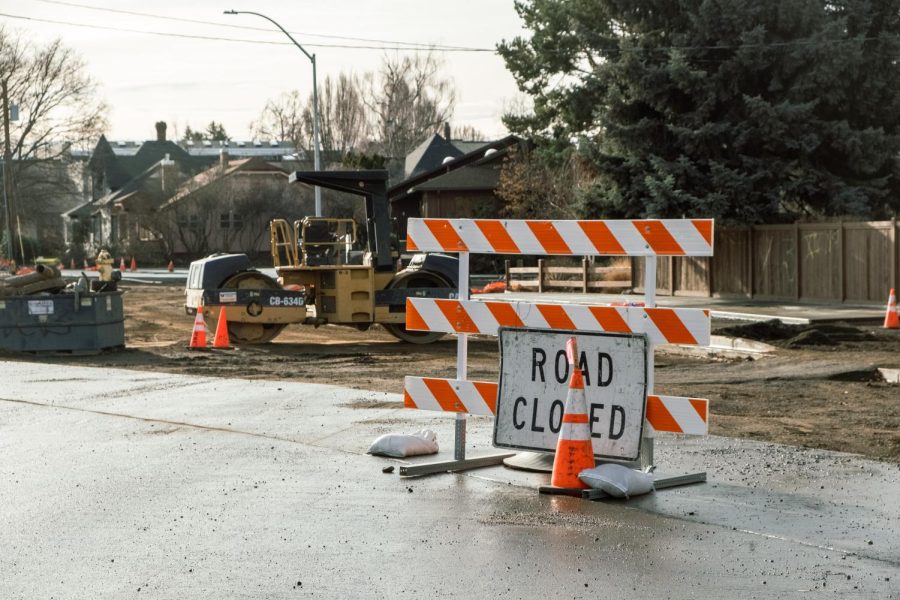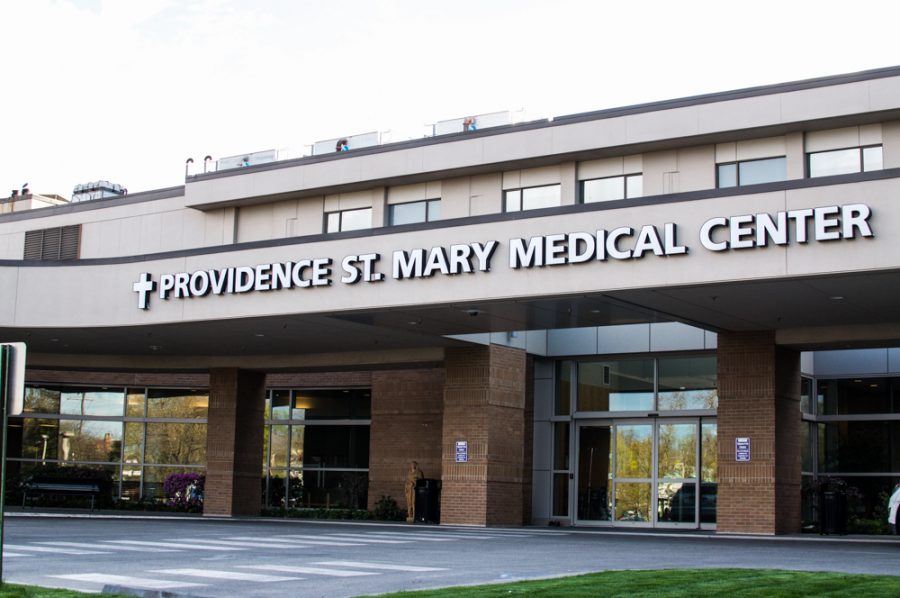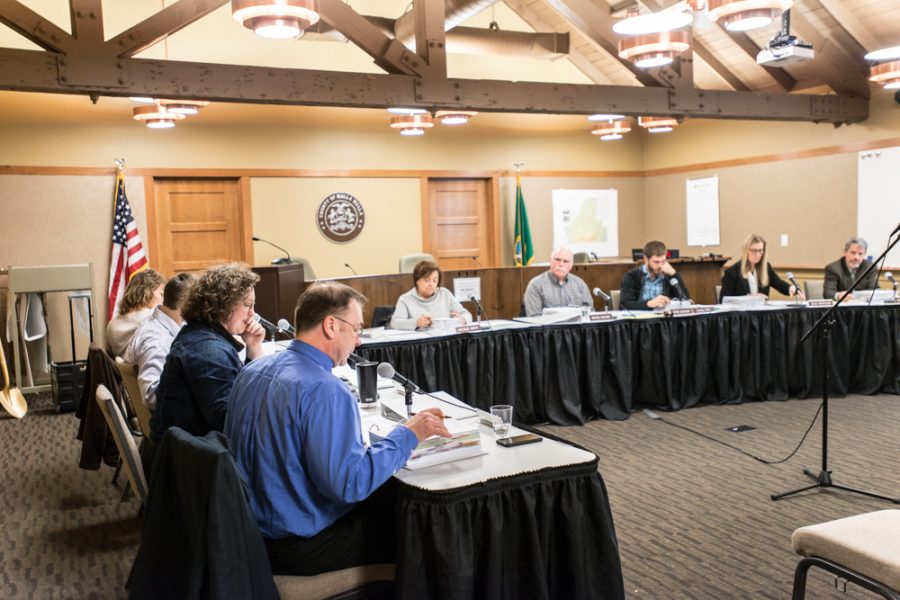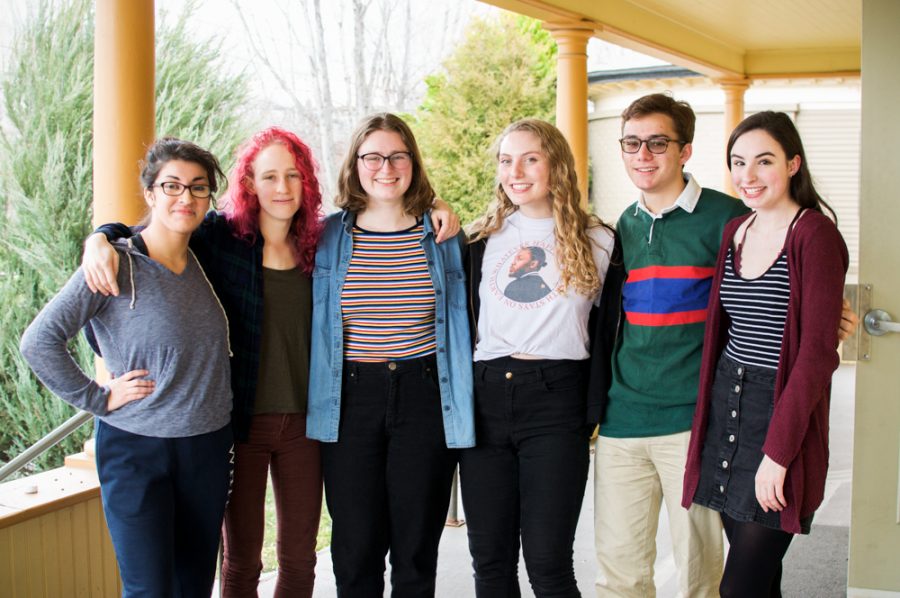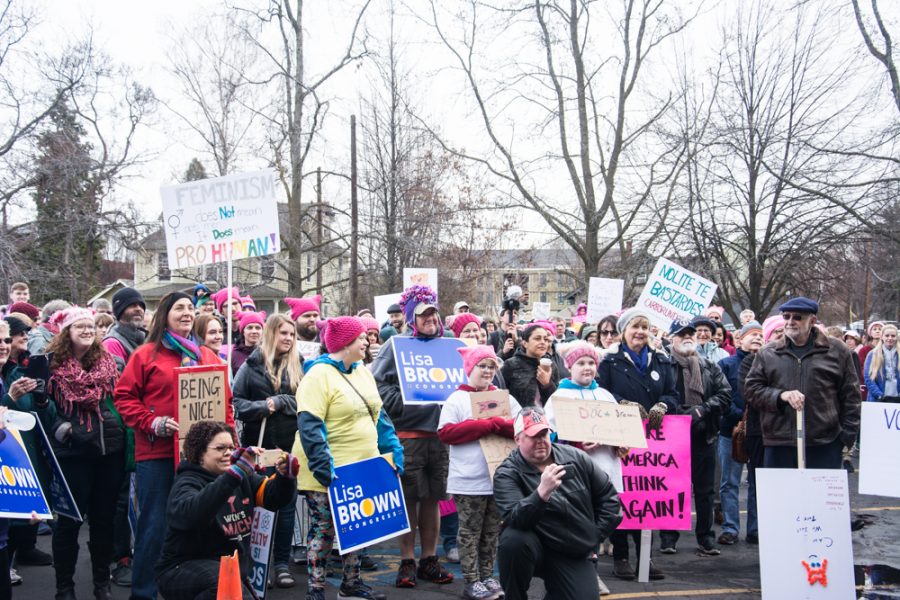When the new facility for the SOS Medical Clinic opens, it will provide a much-needed expansion of uninsured health care services in Walla Walla. The larger facility, with a new adjacent dental clinic, is tentatively scheduled to open in early to mid summer of this year.

Over the last decade, the Walla Walla Valley has seen an exponential increase in need for medical and dental care. Last year, the Washington State legislature removed dental insurance coverage for uninsured Washingtonians. According to the KOMO News Network, in 2012, Governor Christine Gregoire’s proposed budget for the 2012 fiscal year would eliminate the Basic Health Plan, ending subsidized health care for 35,000 low-income individuals. This is where the SOS Clinic steps in; by offering free medical care and prescriptions, the Clinic fills an important need in the community.
In Walla Walla, many people are without health insurance: almost 60 percent of those who are unemployed are not covered under any insurance plan. Many without insurance cannot see a doctor until they are in dire situations: often situations requiring trips to the emergency room.
According to Janice Anhorn, the clinic’s head nurse, young people in particular often face difficulties because they are not covered by health insurance.
“Many who are young do not qualify for Medicare yet, have health care problems and they’re on maintenance drugs, and they can only get their prescriptions for so long before the pharmacies refuse to refill them,” Anhorn said.
The SOS Clinic is a place where uninsured patients can refill prescriptions for maintenance drugs for diseases like diabetes or can be referred to specialists for tests or x-rays before they reach an emergency state.
These services are life-saving and job-saving for those who use the clinic, and the situation is also win-win in the larger context of the medical industry as well, according to Head Project Manager Todd Reiswig.
Because of donated equipment and volunteer staff, the cost to treat patients at the SOS Clinic is very low.
“The people that need the health care get it, and it saves the rest of the established health care industry, like hospitals, from having to foot the bill,” he said.

Soon after the SOS Clinic moved into the SonBridge community center in 2005, the executive board began to plan renovations for a larger facility. Reiswig says that the new facility will be able to serve many more people than the current facility, which operates out of a few rooms in a converted retirement home. The new facilities will have a new waiting room, four exam rooms, an office for the doctor, a reception desk and a nurse’s station.
Fritz Siegert, a senior Whitman student and long-time volunteer at the clinic, is looking forward to the completion of the renovations.
“The great thing about the new clinic is that the facilities [are] designed for health and medical care as opposed to renovated retirement home bedrooms,” he said.
The biggest limitation that the SOS Clinic faces is a lack of doctors. The clinic is only able to be open two hours on Monday and Wednesday. On Wednesday, Feb. 8 alone, the list of patients already checked in and screened by the nurse had reached 15: and that was well over an hour before the doctor was scheduled to arrive.
“The last thing doctors want to do after serving patients from nine [a.m.] to five [p.m.] is to see more patients,” Siegert said.
All those involved in the renovation feel that the new facility will potentially attract more doctors, enabling the clinic to serve more people.
Anhorn has been volunteering at the SOS Clinic since 2000. Her enthusiasm and dedication to the clinic have been essential to its growth and efficiency.
“We are seeing more and more patients. There is a greater need because people have lost their jobs . . . and all of a sudden they find themselves without health care insurance,” she said. “We are a stop-gap, really.”
The new facility will help the clinic serve patients with dignity and respect.

“The best part of the new facility is that [the SOS Clinic] will be able to help more people, improve their quality of life,” Reiswig said.
The renovations will also assist the clinic in its growth as an organization.
“As Whitman’s volunteering has progressed, the SOS has progressed as well. They now have a full-time Americorps volunteer who acts as the executive director of SOS, which they’ve never had before,” Siegert said.
Adjacent to the new SOS Clinic will be a full service dental clinic, which will fill a serious need in the Walla Walla area for dental care. Last year, Washington State legislature canceled all coverage for adult dental care: as a result, there has been an increasing number of people seeking emergency dental care. Helpline, an important service organization in the Walla Walla area, operates a mobile Dental Van that offers free dental care to individuals without dental insurance. However, the demand is so great that the waitlist for the Dental Van services contains over 500 people.
While the Dental Clinic will be a separately organized and administered clinic, it will work in tandem with the SOS Clinic. The Dental Clinic plans to apply for funding from a government program to support a recent dental school graduate to work at the clinic full-time. With a full-time dentist on the staff, the facility will be able to stay open four days a week.
Reiswig noted that his experience working with the clinic has helped him realize the worth in volunteer medical care and the need in his own community.
“The fact that there’s people who need help and we’re filling that need: it makes them feel like real people again, like they have hope. Before I got started with this, I didn’t realize the magnitude of the problem, and what an impact it can have on your life.” +


